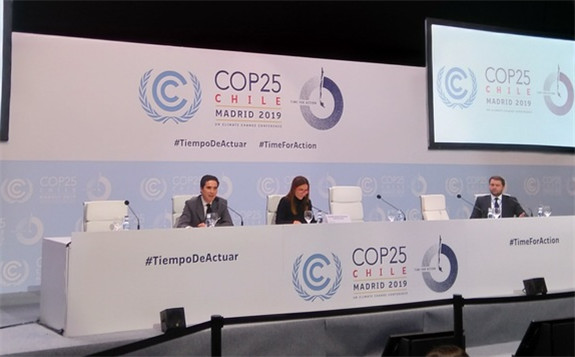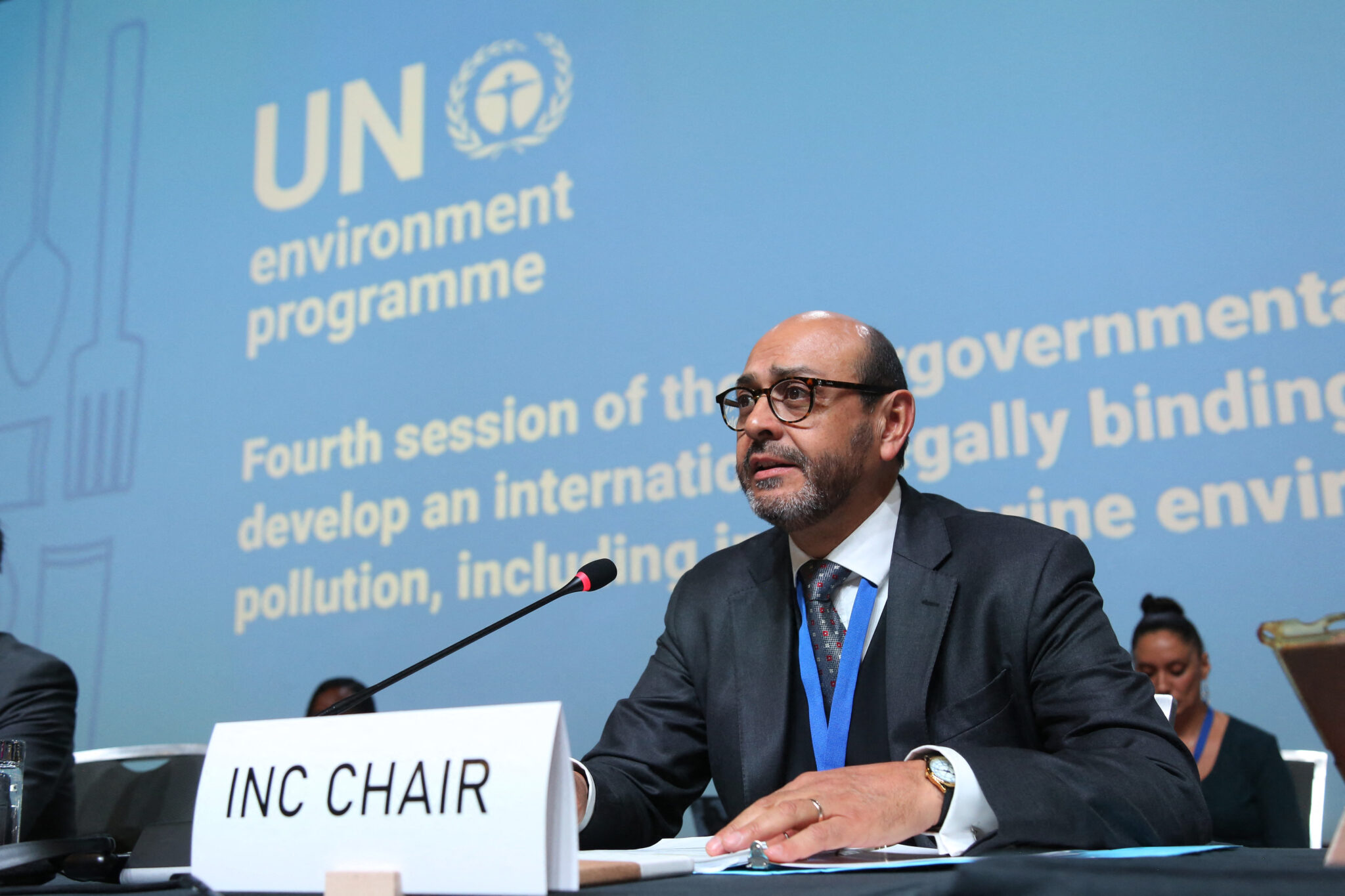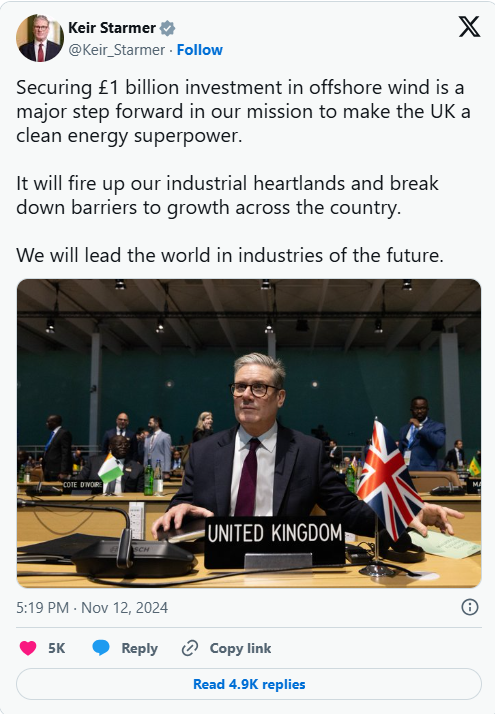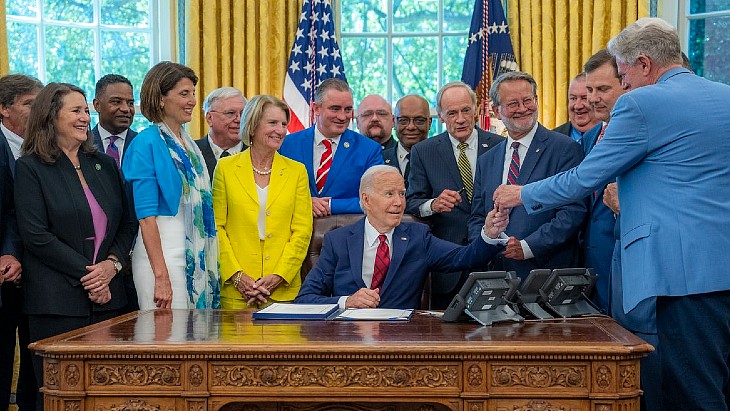 Chile's environment minister Carolina Schmidt (centre) made the announcement at COP25
Chile's environment minister Carolina Schmidt (centre) made the announcement at COP25
Chile has confirmed plans to present a much-anticipated climate change law next week that would set a target to achieve net zero emissions by 2050.
Themove comes as the South American nation seeks to spur countries around the world to boost their climate ambition during UN climate negotiations in Madrid.
Carolina Schmidt, Chile's environment minister and president of this year's COP25 Summit, said the draft climate law would be tabled in the country's congress next Wednesday - 18th December - and would set out ambitions for different sectors of the economy.The goals will be backed by a new committee of scientists, economists and social experts.
Speaking to reporters at COP25, Schmidt said the law was "extremely crucial for our country" as it would enable Chile to reduce its vulnerability to climate impacts and the loss of natural resources, help tackle inequality, while also delivering a major green economic boost.
The draft legislation has been through an extensive consultation process which has seen thousands of people and stakeholders provide their input over the past year. It would make Chile the first developing nation to enshrine a 2050 net zero goal in law, Schmidt claimed.
"The goal is to become carbon neutral in Chile by 2050, which is what science is demanding, so that we can make efforts to keep temperature rise below 1.5C," she said.
Achieving net zero within 30 years would mark a sizeable challenge for Chile, which has seen its greenhouse gas emissions increase seven per cent since 2013.
But renewables would play a major role in reaching net zero, she said, arguing Chile's clean energy potential - particularly from solar - could see it become a net exporter of renewable power while ending fossil fuel imports.
"We know that Chile has economic and environmental advantages," she said. "We have a great competitive advantage when it comes to clean energy."
The country has faced widespread unrest in recent months which forced the move of COP25 to Madrid at short notice, having originally been scheduled to take place in Chile's capital Santiago. The protests are widely seen as a reaction to inequality and rising living costs in the country.
But Schmidt sought to directly address those tensions back at home, arguing the government needed "to take into account the current situation in Chile" as it develops its climate plans.
"We know that we need to have a development model that is more inclusive," she said. "That is why we need a law such as this one. Because we know that the climate crisis is unfair and it is hitting the most vulnerable the worst."
As host of COP25, Chile has been pushing for countries around the world to step up their commitments under the Paris Agreement this week by tabling enhanced emissions reduction plans in order to put the world on a path towards limiting temperature rise well below 2C.
But despite Chile previously indicating it would present its strengthened Nationally Determined Contribution (NDC) plan during COP25, it emerged over the weekend that the move would have to be delayed until after the two-week summit due to take full account of a recent public consultation.
However, the law presented to congress next week will "recognise the NDC as an indeterminate goal on our path to carbon neutrality", Chile's Ministry of Environment stated this afternoon.
The law will also cover climate mitigation and adaptation with plans to tackle water scarcity and drought, as well as setting out details for a carbon offsetting programme to invest in local projects such as forestry schemes, Schmidt explained.
A new climate advisory council would be established to provide input on policy drawn from scientific, economic, and social experts, while a new Sustainability Council made up of non-state actors such as academics, community groups, trade unions and young people will also inform the process, she added.
Moreover, major work will be undertaken to create a new line of green financial products, such as green bonds, to unlock public and private investment in climate adaptation and mitigation measures, it was announced.
"This is really important and about uniting us as a society," said Schmidt. "This is really about creating a more sustainable model for everyone."







